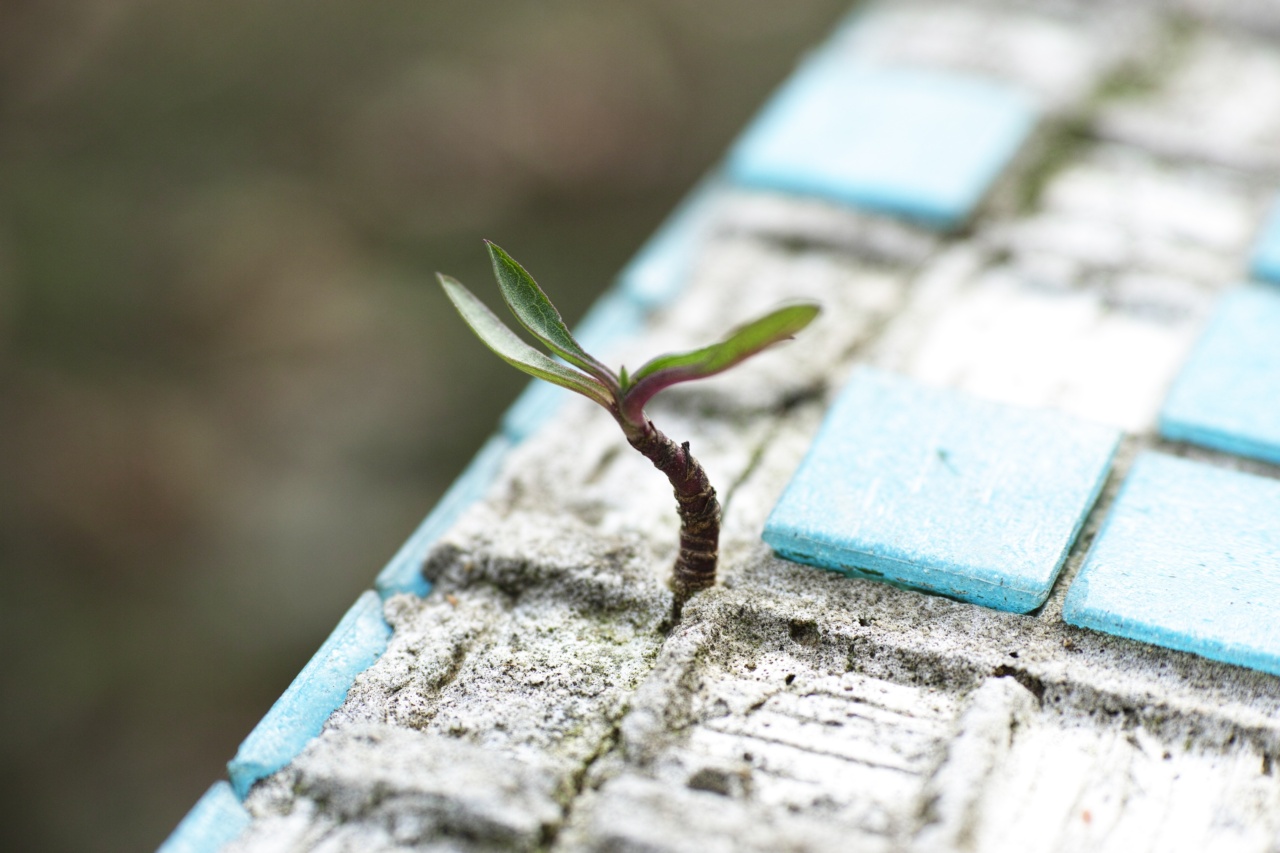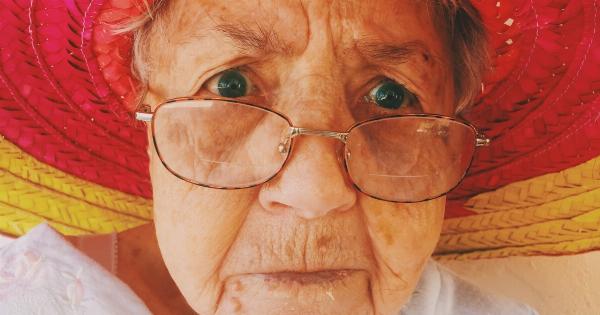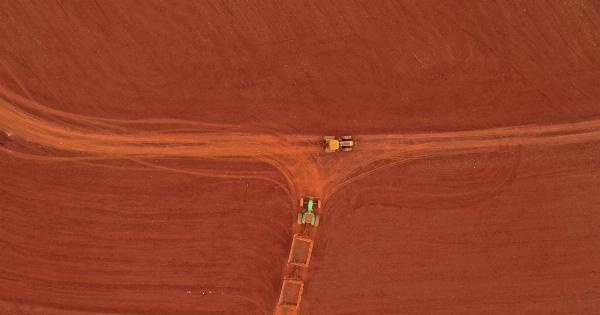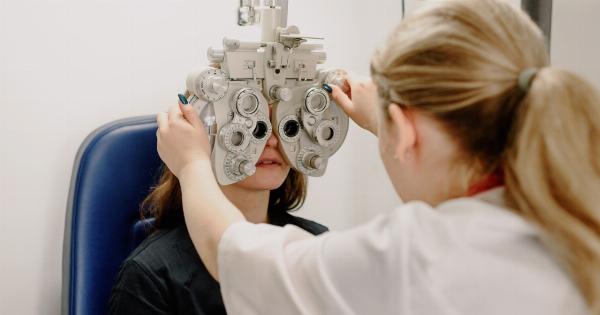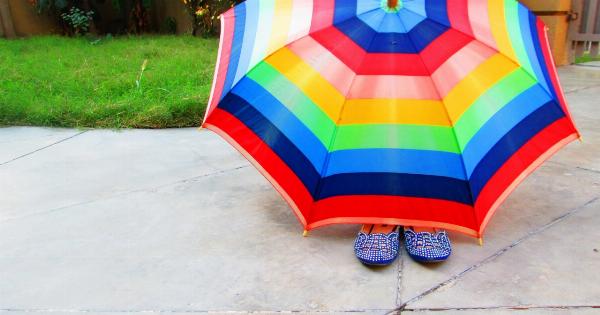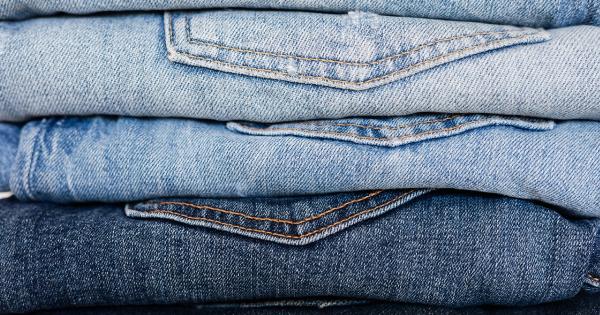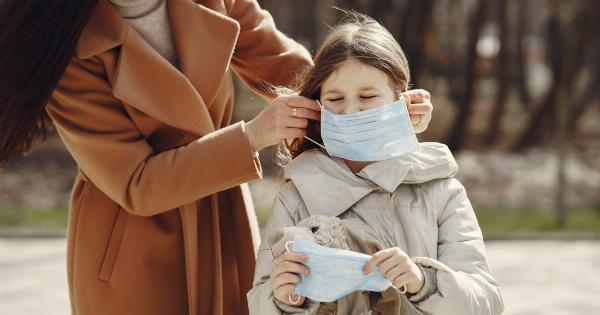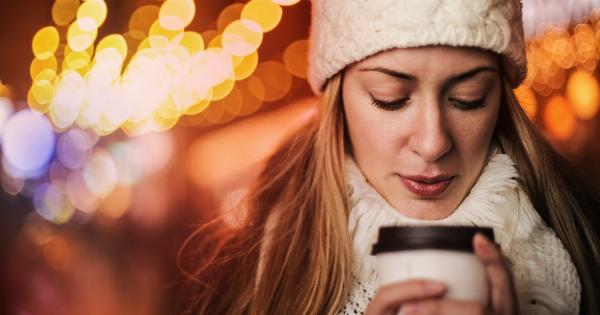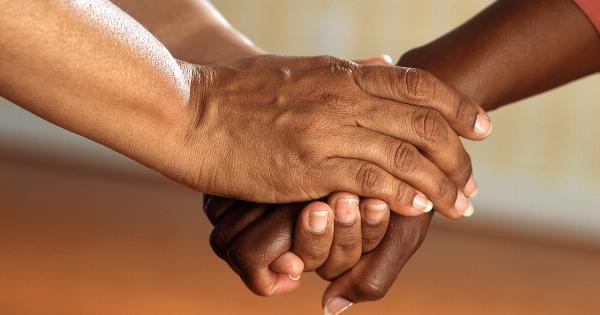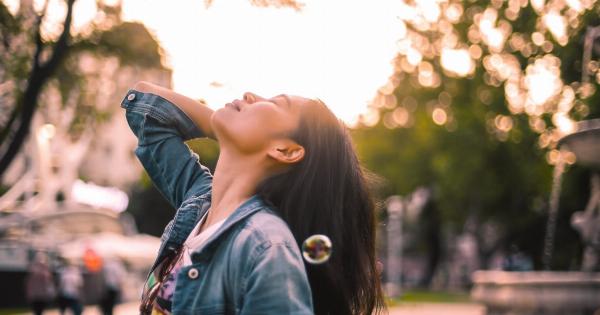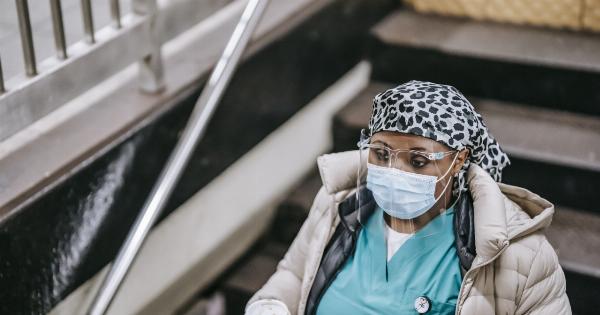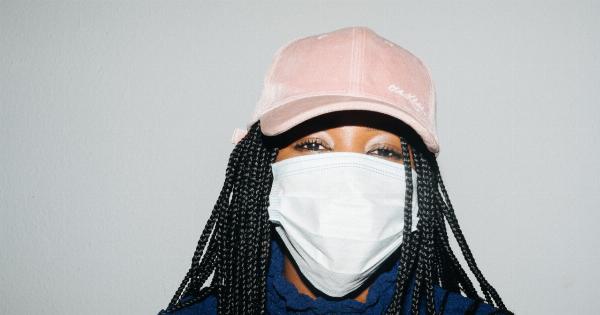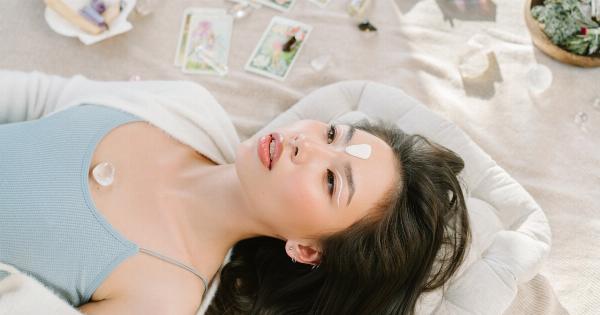The scorching heat of summer noon can be unforgiving, causing discomfort and even posing potential harm to our bodies.
While sunglasses are often considered an essential part of any summer survival kit, there are times when we may find ourselves without this crucial accessory. Whether you forgot your sunglasses at home, lost them, or simply prefer not to wear them, don’t worry! We have compiled the ultimate summer noon survival kit to help you combat the heat and protect your eyes even without sunglasses.
1. Wide-Brimmed Hat
A wide-brimmed hat acts as a stylish and practical shield against the sun’s rays. Opt for a hat with a brim that extends beyond the edges of your face to provide maximum coverage for your eyes.
It not only protects your eyes from direct sunlight but also prevents the harmful UV rays from affecting your skin and scalp.
2. UV-Protective Clothing
Wearing clothing made from UV-protective fabric can significantly reduce your exposure to harmful rays. Look for garments labeled with a UPF (Ultraviolet Protection Factor) rating, which indicates how much UV radiation is blocked by the fabric.
This type of clothing helps to keep both your body and eyes shielded from the sun.
3. Wide-Mouthed Water Bottle
Staying hydrated is crucial during the scorching summer noon. Carry a wide-mouthed water bottle that can hold an ample amount of water.
Sip on water frequently throughout the day to avoid dehydration, which can lead to dry eyes and other heat-related ailments.
4. Cooling Eye Mask
A cooling eye mask can provide instant relief to your eyes, soothe any irritation caused by the heat, and reduce puffiness. Keep the eye mask in the refrigerator or use gel-based eye masks that can be frozen.
Place the chilled mask over your eyes for a few minutes to refresh and rejuvenate your eyes.
5. Moisturizing Eye Drops
The intense heat can cause dryness and discomfort in your eyes. Carry a small bottle of moisturizing eye drops specifically formulated to lubricate and refresh your eyes.
Look for drops that are preservative-free, as they are less likely to cause irritation.
6. Parasol or Umbrella
If you prefer not to wear a hat, a parasol or umbrella can serve as an excellent alternative. Choose a parasol or umbrella that offers UV protection and has a wide canopy for maximum shading.
It not only protects your eyes but also keeps the rest of your body shielded from the scorching sun.
7. Wide-Frame Prescription Glasses
If you require prescription glasses, consider getting a pair with a wide frame that covers a larger area around your eyes.
While it may not provide the same level of protection as sunglasses, it can still shield your eyes from some direct sunlight and reduce glare.
8. Portable Fan or Handheld Mist Sprayer
Beat the heat by carrying a portable fan or a handheld mist sprayer. These compact and easily portable devices can provide instant relief by creating a gentle breeze or spritzing a fine mist on your face.
They help keep your face cool and prevent your eyes from feeling excessive heat.
9. Sunscreen for the Face
Choose a sunscreen specifically formulated for the face, preferably with a high SPF (Sun Protection Factor). Apply it generously on your face, including your eyelids and under-eye areas.
This not only protects your skin from sunburn but also shields your eyes from harmful UV radiation.
10. Seek Shade
No matter how prepared you are, it’s always a good idea to seek shade whenever possible during peak sun hours. Look for areas with natural shade from trees, or carry a portable shade canopy or umbrella to create your own shade.
This reduces your overall exposure to the sun, minimizing the strain on your eyes.
